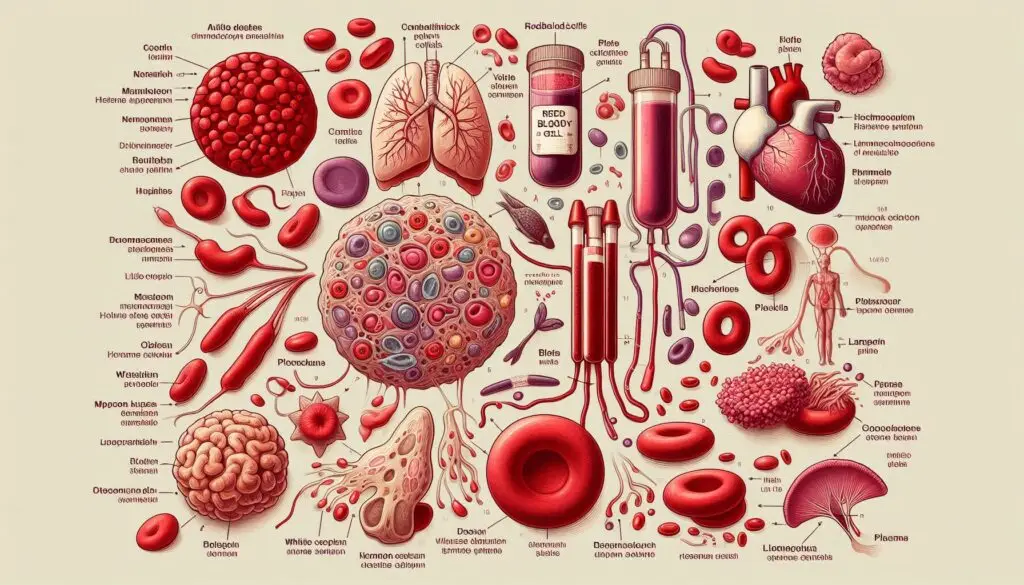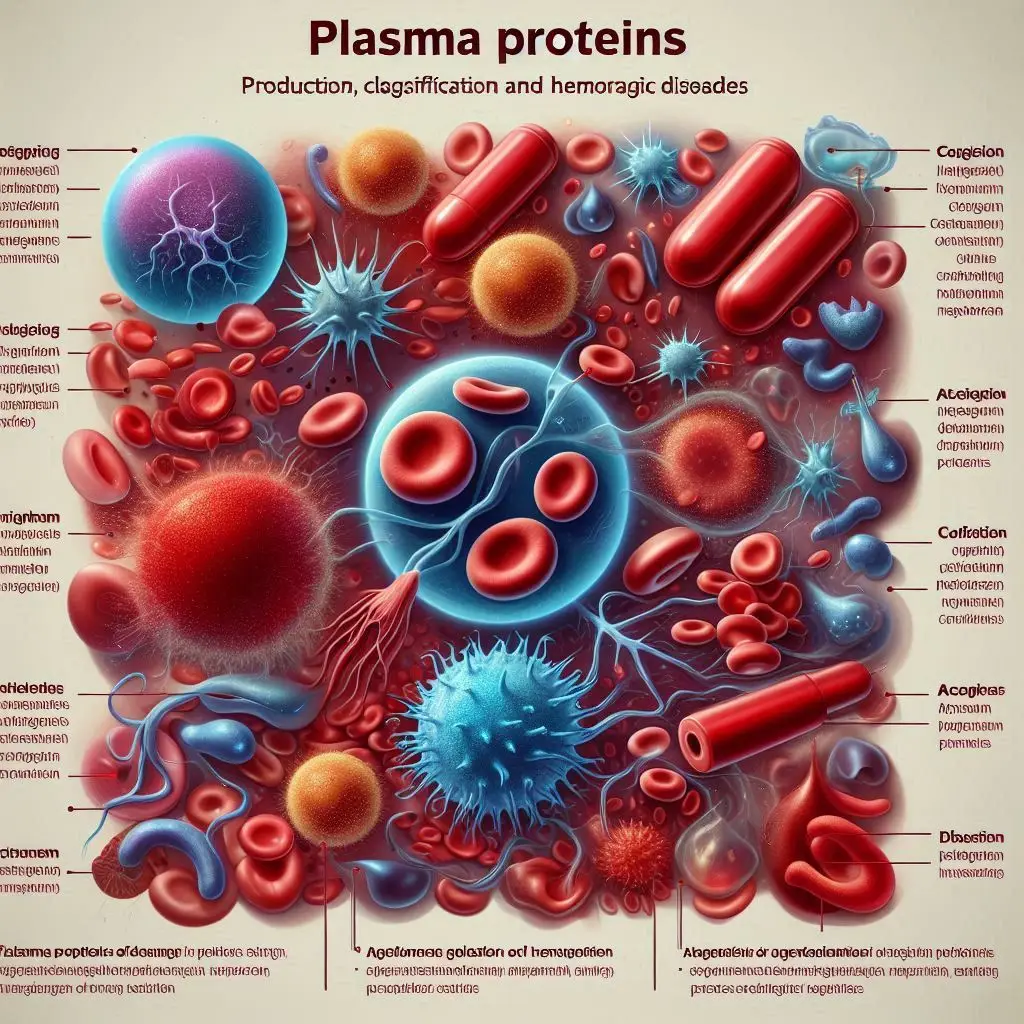Understanding the Rh Blood Group System in Animals

Introduction to the Rh Blood Group System
The Rh blood group system is named after the rhesus monkey, where the first studies on this blood type were conducted. The discovery of the Rh factor has had profound implications for transfusion medicine and obstetrics. In humans, the presence or absence of the D antigen can lead to serious complications during pregnancy and blood transfusions.
Evolution of the Rh Blood Group System
The evolution of the Rh blood group system is fascinating. Research shows that various primates share similar Rh antigens with humans. For instance, gorillas and chimpanzees exhibit erythrocytes that react to human Rh antisera. This suggests a shared evolutionary lineage among these species.
Studies conducted on Old and New World monkeys reveal that some species express specific Rh epitopes. However, nonprimate animals generally do not show similar reactions to human Rh antisera. This divergence highlights the unique evolutionary path of primates concerning their blood group systems.
Genetic Basis of the Rh Blood Group System
The genetic foundation of the Rh blood group system lies in two main genes: RHD and RHCE. These genes are closely linked and undergo various genetic rearrangements that produce hybrid Rh genes. To date, researchers have identified over 49 distinct Rh antigens.
The RHD gene encodes for the D antigen, while RHCE is responsible for other antigens such as C/c and E/e. The polymorphic nature of these genes contributes to the diversity observed within the Rh blood group system across different species.
Clinical Significance in Animals
The clinical implications of the Rh blood group system extend beyond humans. In veterinary medicine, conditions such as Neonatal Isoerythrolysis (NI) can occur when maternal antibodies against fetal RBC antigens are transmitted through colostrum. This condition primarily affects horses, cattle, and cats.
Neonatal Isoerythrolysis (NI)
NI arises when a mother produces antibodies against her offspring’s RBC antigens. If a rhesus-negative mare gives birth to a rhesus-positive foal, she may develop antibodies that attack her foal’s red blood cells during subsequent pregnancies. This can lead to severe anemia or even death.
Rh Antigen Expression Across Species
Rh antigens are not exclusive to humans; they also appear in various animal species. For example:
- Primates: Many primates express similar Rh antigens as humans.
- Canines: Dogs have their own set of blood types but do not exhibit a direct correlation with human Rh factors.
- Equines: Horses possess multiple blood groups with potential for incompatibility during transfusions.
While some animals share similarities with human Rh antigens, others have entirely different systems that require unique classification methods.
Function of Rh Proteins
Rh proteins play crucial roles beyond just determining blood type. They help maintain RBC membrane integrity and may be involved in transporting substances across cell membranes. Research indicates that individuals lacking these proteins may experience abnormal RBC shapes and increased fragility.
Implications for Transfusion Medicine
Understanding the Rh blood group system is vital for safe transfusions in both humans and animals. Mismatched transfusions can lead to severe complications such as hemolytic transfusion reactions (HTR). Therefore, it is essential to match donors and recipients based on their Rh status.
Testing for Compatibility
Routine testing for compatibility is crucial before any transfusion procedure. In veterinary settings, testing helps prevent adverse reactions that could endanger an animal’s life. The same principles apply to human medicine, where determining a patient’s Rh status can save lives during emergencies.
Conclusion
The Rh blood group system is a complex yet fascinating area of study that spans across species. Its evolutionary significance, genetic diversity, and clinical implications make it a critical topic in both human and veterinary medicine. As research continues to evolve, our understanding of this essential blood group system will undoubtedly deepen.
By exploring these aspects of the Rh blood group system in animals, we gain valuable insights into its importance not only for transfusion safety but also for broader biological understanding across species.
For more pearls of Vets Wisdom:
https://wiseias.com/partitioning-of-food-energy-within-animals/





Responses